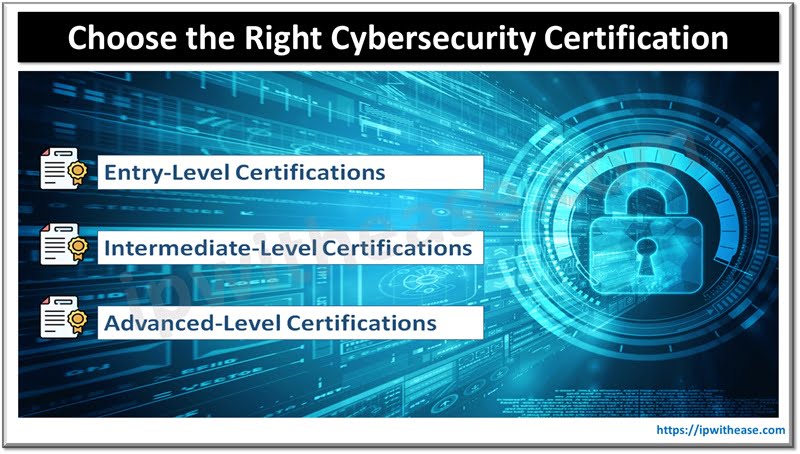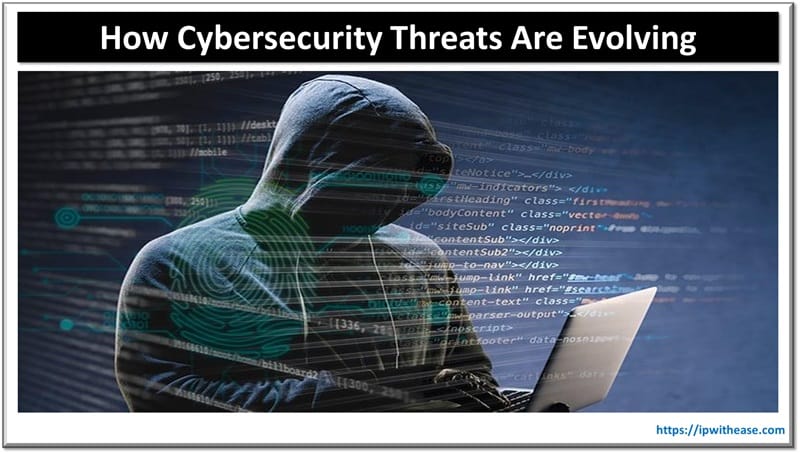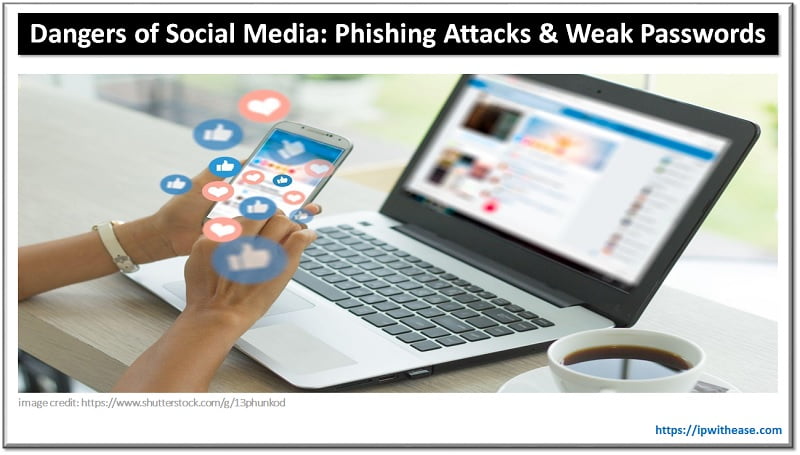Table of Contents
In today’s digital world, cybersecurity is more crucial than ever. With cyber threats constantly evolving, the demand for skilled cybersecurity professionals is skyrocketing. If you’re interested in a career in this field, one of the best ways to stand out and demonstrate your expertise is by obtaining a cybersecurity certification. But with so many options available, how do you choose the right one for your career goals? This article will guide you through the process of selecting the ideal cybersecurity certification to help you advance in your career.
Understanding Cybersecurity Certifications
Cybersecurity certifications are credentials awarded to individuals who have demonstrated their knowledge and skills in specific areas of cybersecurity. They are issued by various organizations and are often recognized by employers as evidence of a candidate’s competence. Certifications can vary in focus, difficulty, and prerequisites, so understanding what each offers is essential for making the right choice.

Types of Cybersecurity Certifications
- Entry-Level Certifications
These certifications are designed for individuals who are new to the field of cybersecurity. They cover fundamental concepts and provide a broad understanding of various security principles.- CompTIA Security+: This is one of the most popular entry-level certifications. It covers essential topics like network security, compliance, threats, and vulnerabilities. It’s a great starting point for anyone looking to break into cybersecurity.
- Certified Cybersecurity Entry-Level Technician (CCET): Offered by the EC-Council, this certification is ideal for those who are just beginning their cybersecurity career. It covers basic knowledge and skills needed for entry-level positions.
- Intermediate-Level Certifications
These certifications are for individuals who have some experience in the field and want to deepen their knowledge or specialize in a particular area.- Certified Information Systems Security Professional (CISSP): Provided by (ISC)², CISSP is a well-respected certification that covers a broad range of security topics. It is ideal for those looking to advance to a managerial or senior security role.
- Certified Ethical Hacker (CEH): Offered by EC-Council, CEH focuses on ethical hacking and penetration testing. It’s suitable for those who want to specialize in identifying and addressing vulnerabilities in systems.
- CompTIA Cybersecurity Analyst (CySA+): This certification focuses on threat detection and analysis. It’s ideal for professionals who want to work in security operations centers or threat intelligence roles.
- Advanced-Level Certifications
These certifications are intended for seasoned professionals who want to further their expertise and take on advanced roles.- Certified Information Security Manager (CISM): Offered by ISACA, CISM is tailored for those in management roles. It focuses on governance, risk management, and incident response.
- Certified Information Systems Auditor (CISA): Also from ISACA, CISA is for professionals involved in auditing, control, and assurance. It’s valuable for those looking to specialize in IT auditing and compliance.
- Certified Cloud Security Professional (CCSP): This certification is ideal for those working with cloud technologies. It covers cloud security architecture, design, and compliance.
Related: CompTIA A+ Interview Questions
Factors to Consider When Choosing a Certification
- Career Goals
Think about where you want your career to go. If you’re just starting out, an entry-level certification like CompTIA Security+ might be the best choice. If you aim for a managerial role, CISSP or CISM might be more appropriate. - Current Skill Level
Assess your current knowledge and skills. If you’re new to cybersecurity, starting with a basic certification will give you a strong foundation. If you have some experience, consider intermediate or advanced certifications that align with your career aspirations. - Industry Requirements
Research the certifications that are valued in your specific industry or by your target employers. Different sectors might prioritize different certifications, so understanding industry trends can guide your choice. For a comprehensive list of the best cybersecurity certifications, consider exploring resources that rank and compare these credentials based on industry recognition and career impact. - Certification Cost and Preparation
Consider the cost of the certification and the resources required to prepare for it. Some certifications are more expensive and may require extensive study materials or training courses. Make sure you’re prepared for the financial and time investment. - Certification Validity
Check how long the certification is valid and what is required to maintain it. Some certifications require ongoing education or renewal exams. Ensure that you’re ready to meet these requirements if you choose a certification with such conditions.
Steps to Get Certified
- Research
Start by researching the certifications that align with your career goals and interests. Look into their requirements, content, and value in the industry. - Choose the Right Certification
Based on your research, select a certification that matches your current skill level and career objectives. Make sure it fits within your budget and preparation time. - Prepare for the Exam
Gather study materials, such as books, online courses, and practice exams. Consider joining a study group or taking a preparatory course if needed. Creating a study plan and sticking to it will help you prepare effectively. - Schedule the Exam
Once you feel ready, schedule your exam. Make sure to choose a date that gives you enough time to review and be well-prepared. - Take the Exam
On the exam day, ensure you are well-rested and arrive early. Follow all exam instructions carefully to maximize your chances of success. - Maintain Your Certification
After passing the exam, stay informed about any continuing education or renewal requirements to keep your certification valid.
Conclusion
Choosing the right cybersecurity certification is a crucial step in advancing your career. By understanding the different types of certifications, considering your career goals and current skill level, and preparing thoroughly, you can select the certification that will best support your professional development. Remember, a certification is not just a credential but a reflection of your commitment to mastering the skills needed to protect our digital world.
With the right certification, you can enhance your job prospects, increase your earning potential, and make a significant impact in the field of cybersecurity. So, take the time to evaluate your options and choose the certification that aligns with your aspirations and helps you achieve your career goals.
ABOUT THE AUTHOR
IPwithease is aimed at sharing knowledge across varied domains like Network, Security, Virtualization, Software, Wireless, etc.



